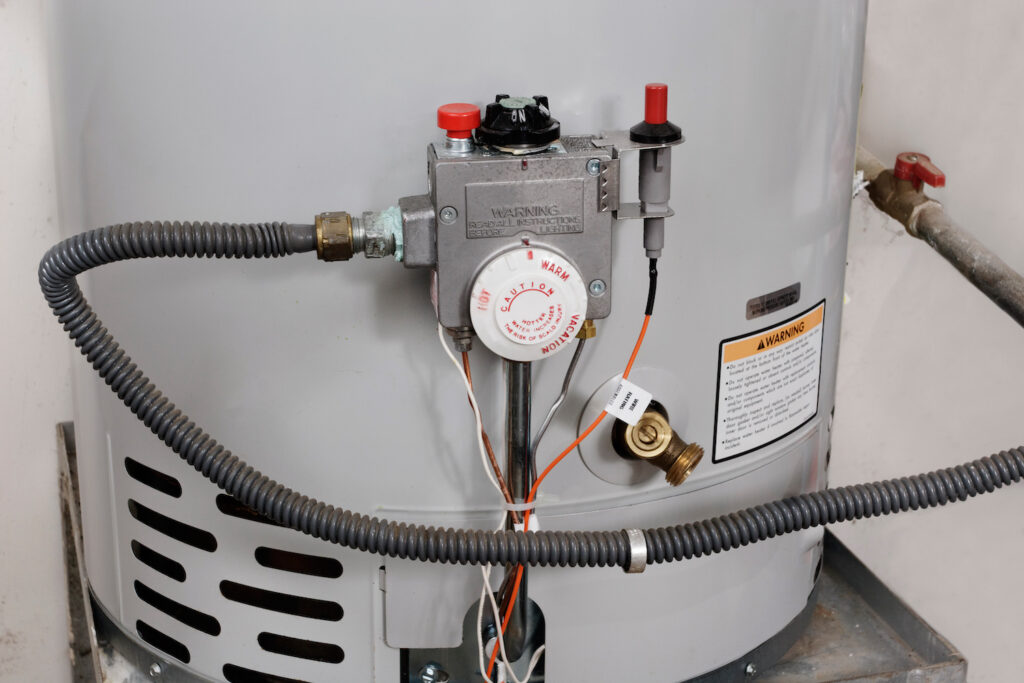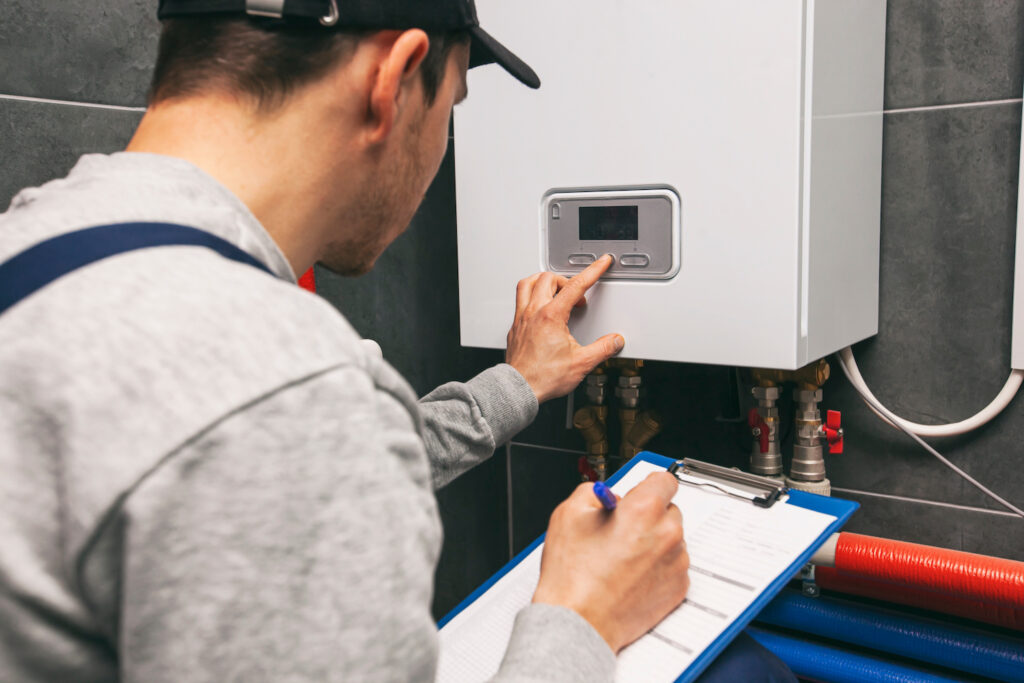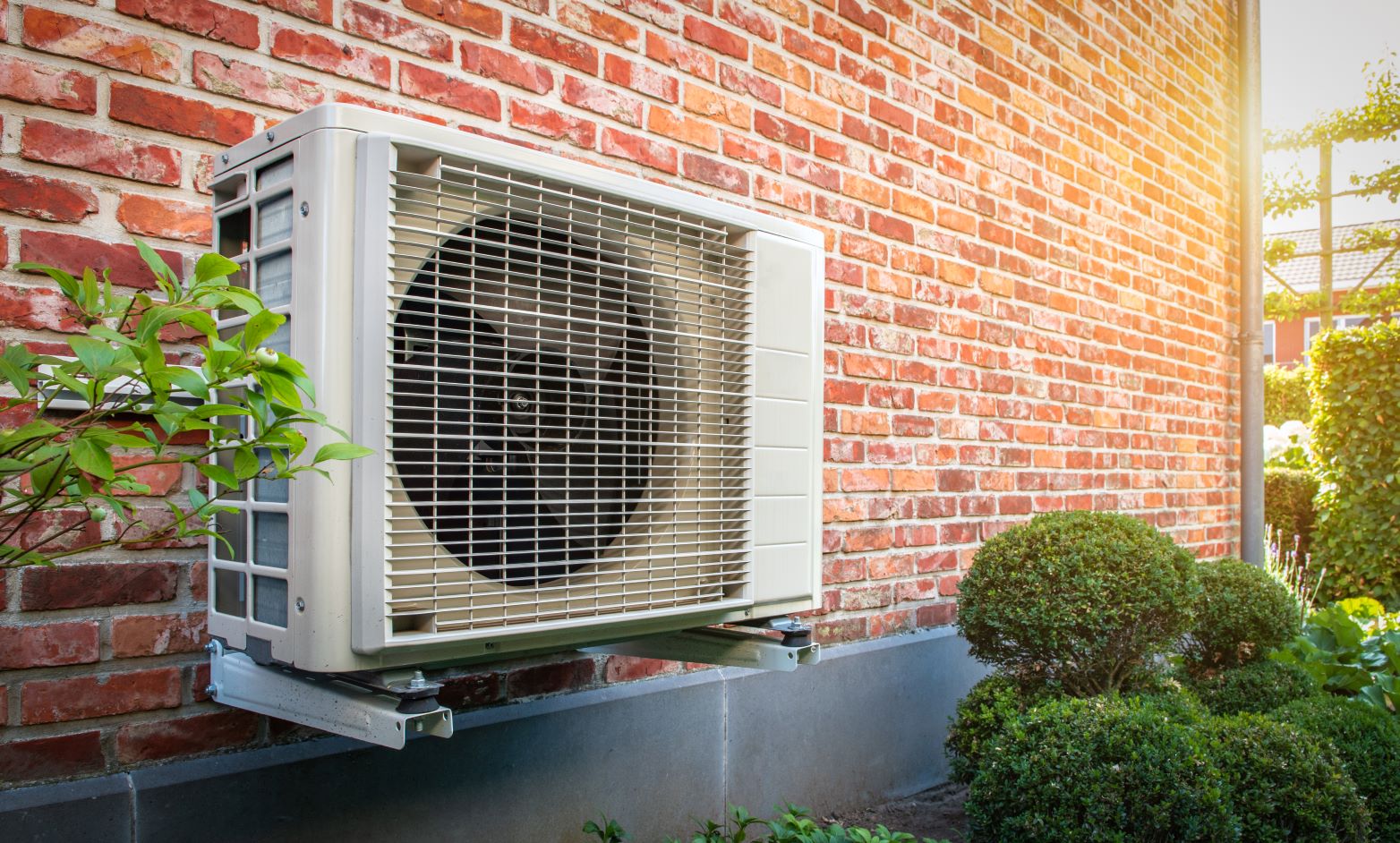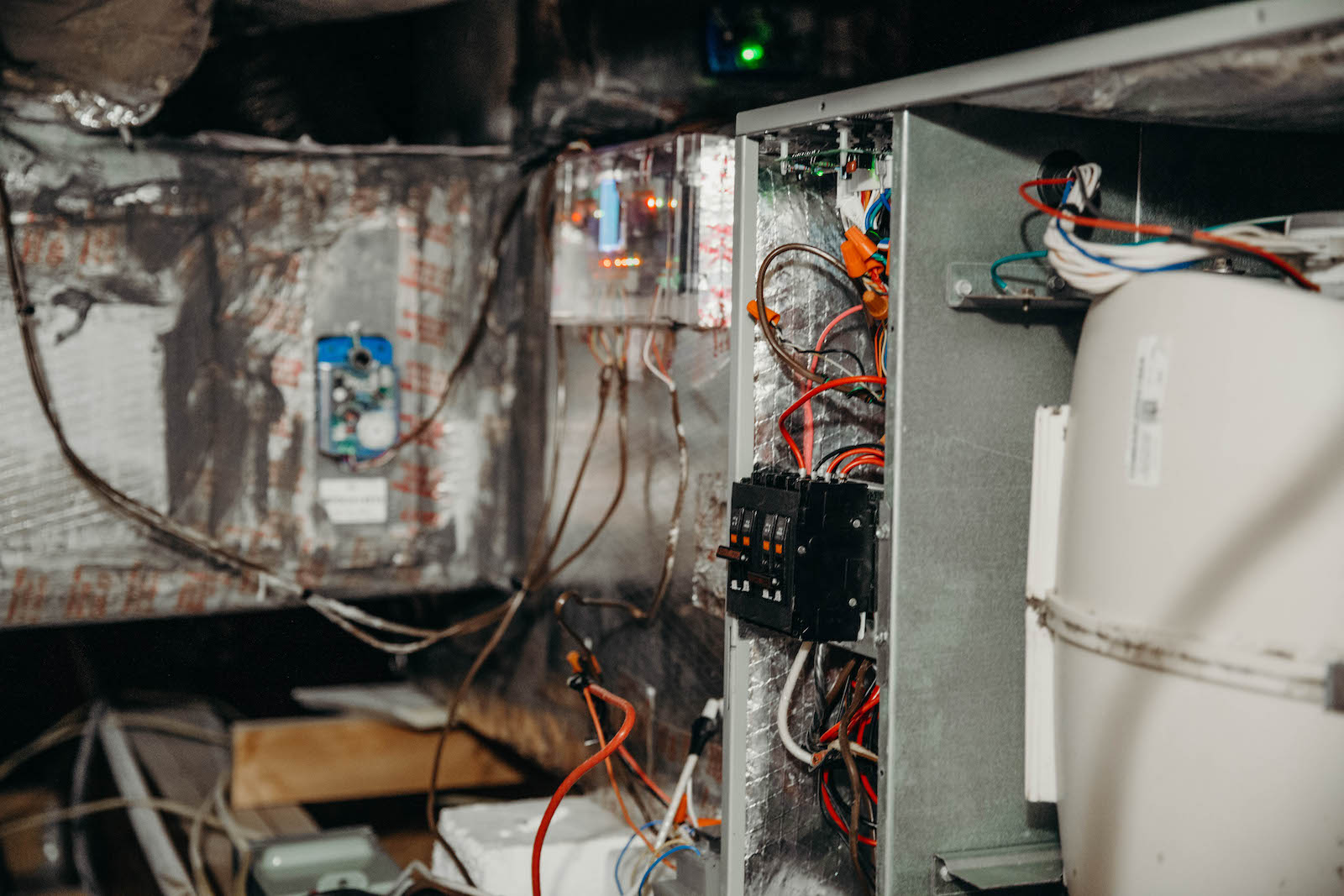How Does A Water Heater Work? (Complete Guide)
Owning a home comes with a whole slew of new experiences. Suddenly, you care deeply about dishwasher brands, seasonal landscaping, and making sure your shelves and pictures are actually level. And what about that water heater?
Whether you have a classic tank-style or tankless water heater, you’ve probably never had to care about one before. So, how does a water heater work? And what is the best way to maintain it in good condition? Let’s take a closer look! 👀
How a Traditional Tank-Style Water Heater Works
Your typical tank-style water heater is pretty simple. It’s a big metal drum (the tank) that’s filled with water. The water is heated by an electric element or a gas burner and then stored in the tank until you need it.
When you turn on your hot water tap, the water is drawn out of the tank and into your pipes. As the water level in the tank drops, more cold water is drawn in to replace it. And the cycle continues!
The size of your water heater’s tank will determine how much hot water it can store. That’s why a family of four will usually need a bigger water heater than a single person living alone.

Maintaining a Traditional Water Heater
On average, a traditional tank-style water heater lasts for about 8-15 years. But with proper maintenance, you can extend its lifespan even further.
The water in your tank is constantly being heated and reheated. That means it’s susceptible to corrosion and mineral build-up. To prevent this, you should drain and flush your water heater every six months or so.
You’ll also want to keep an eye on the anode rod. This is a metal rod that’s placed inside the water heater tank to help prevent corrosion. Over time, it will corrode instead of the tank itself.
When this happens, you’ll need to replace the anode rod. Most water heaters have a warranty for 6-12 years, but if you want to be extra safe,
How Tankless and Alternative Water Heaters Work
If you’re looking for a water heater with a longer lifespan and greater energy efficiency, you might want to consider a tankless water heater. As the name suggests, these water heaters don’t have a tank!
Instead of storing hot water, they heat water on demand. That means there’s no wasted energy keeping water hot that you’re not even using.
When you turn on your hot water tap, cold water is drawn into the unit. Inside, it’s heated by an electric element or gas burner and then sent directly to your faucet or shower.
Tankless water heaters (also called electric water heaters) can provide an endless supply of hot water. They’re also smaller and more energy efficient than traditional water heaters. The only downside is that they can be more expensive to install.
Maintaining a Tankless Water Heater
Tankless water heaters require less maintenance than traditional water heaters. That’s because there’s no tank full of water that needs to be flushed and refilled. These impressive appliances can last up to 25 years.
You should still descale your unit every few years, however. This is a simple process of running a vinegar solution through the water heater to remove any mineral build-up.
You’ll also need to replace the filters on a regular basis. Depending on the model, this could be as often as every few months or as infrequently as once a year.
Finally, make sure to have your unit serviced by a professional every few years. This will help to prolong its lifespan and ensure that it’s running as efficiently as possible.
Reasons You May Run Out of Hot Water 🥶
If you have the right size water heater for your home, you’ll rarely run into an issue with the hot water running out while taking a shower or washing your hands. However, there are a few instances that can cause an absence of hot water.
- If you have a gas water heater, the pilot light may have gone out. This is an easy fix – simply relight the pilot light!
- Another reason your water heater may not be working is that the power has gone out. If this is the case, you’ll need to wait until the power comes back on before you’ll have hot water again.
- The thermostat may gradually lower in temperature over time. Check your thermostat and raise the temperature if need be.
- If too many appliances that require hot water are all running at the same time, you might run into issues. Try to avoid running the dishwasher, doing the laundry, and having multiple people shower at the same time if you notice your hot water supply is spotty.
- Finally, if your water heater is old or hasn’t been properly maintained, it may need to be replaced. A water heater that’s past its prime will likely be less energy efficient and won’t be able to heat water as well as it used to.

Choosing the Right Water Heater for Your Home
Now that you know how water heaters work, you can decide which type is right for your home. If you’re looking for a traditional water heater with a lower upfront cost but a shorter lifespan, go with a tank-style water heater.
If you want a more energy-efficient water heater with a longer lifespan but a larger upfront cost, choose a tankless water heater. And if you’re not sure, ask a professional! They’ll be able to help you figure out which water heater is best for your home and needs.
Water Heater Installation and Repair You Can Trust
We hope this article has added an extra notch of knowledge to your homeowner toolbelt. If you notice any issues with your hot water, you may need repairs or a total replacement. 4Front Energy is a local, trusted name in residential plumbing in Minnesota.
We know the ins and outs of gas water heaters and tankless water heaters. Reach out today for a free estimate!
Request Service

Why Choose 4Front Energy?
We’re a Service Company, Not a Sales Company
- Licensed, bonded & insured contractor
- Trusted Twin Cities service provider for nearly 30 years
- Reliable service excellence
- One number for electric, HVAC, and plumbing
- Stand behind our work with integrity
- Fair and straightforward pricing
- Provide invaluable comfort and integrated efficiency
- Technicians that take pride in their work



